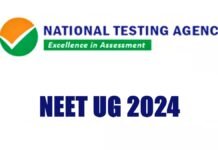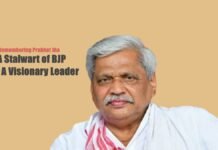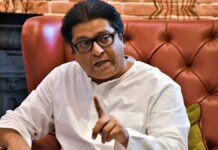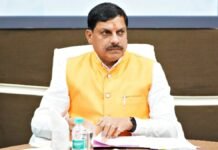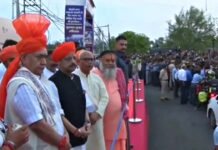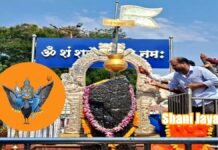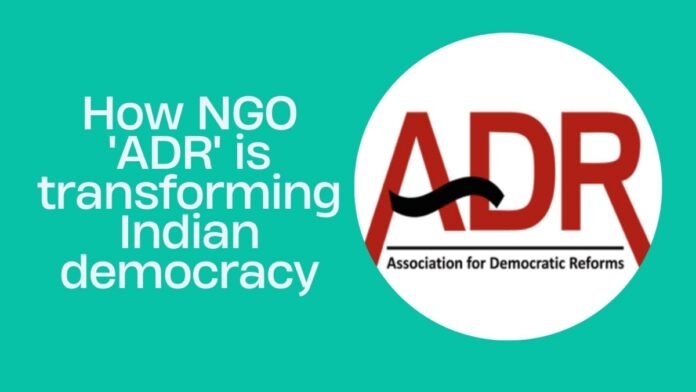
New Delhi: The Association for Democratic Reforms (ADR) is a non-governmental organization that was founded in 1999 by a group of professors from the Indian Institute of Management (IIM) Ahmedabad. Its mission is to improve governance and strengthen democracy by working on electoral and political reforms in India.
ADR has been at the forefront of several landmark initiatives that have changed the face of Indian politics and elections. Some of these are:
- Filing public interest litigations (PILs) in the Supreme Court and the High Court to make it mandatory for the candidates contesting elections to disclose their criminal, financial, and educational background in their affidavits. This has enabled the voters to make informed choices and has increased the accountability of the elected representatives.
- Introducing the None of the Above (NOTA) option in the electronic voting machines (EVMs) to allow the voters to express their dissatisfaction with the available candidates. This has given a voice to the dissenting voters and has put pressure on the political parties to field better candidates.
- Challenging the electoral bond scheme, which allowed anonymous donations to political parties, in the Supreme Court. The scheme, which was introduced by the Modi government in 2018, was declared unconstitutional and illegal by the court in 2024. The court also directed the State Bank of India (SBI) and the Election Commission of India (ECI) to disclose the details of the purchasers and the beneficiaries of the bonds to the public. This has brought transparency and accountability in political funding and has curbed the influence of black money and corporate interests in the elections.
ADR also maintains a comprehensive database of election candidates, political parties, and MPs/MLAs on various parameters such as assets, liabilities, criminal records, educational qualifications, etc., and makes it accessible to the public through its websites, mobile apps, and helplines. ADR also conducts research and analysis on various aspects of electoral and political reforms, such as electoral expenditure, political funding, electoral bonds, criminalization of politics, etc., and provides recommendations and suggestions to the government, the ECI, and other stakeholders. ADR collaborates and networks with other civil society organizations, media, academia, and international agencies working on similar issues and shares best practices and experiences.
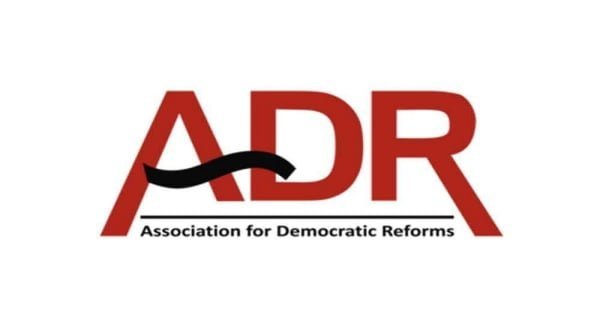
The head of ADR is Major General (retd) Anil Verma, a former army officer who has served in various capacities in the Indian Army. He has been involved in several initiatives of ADR, such as filing petitions in the Supreme Court against electoral bonds, introducing the NOTA option in voting, and disclosing the assets and criminal records of candidates in election affidavits. He is also a frequent speaker and commentator on issues related to democracy, elections, and political funding.
ADR is an apolitical and non-partisan NGO that works for electoral and political reforms in India. It aims to empower the electorate, reduce corruption and criminalization, and promote transparency and accountability in the political process. ADR is transforming Indian democracy with its electoral reforms.


